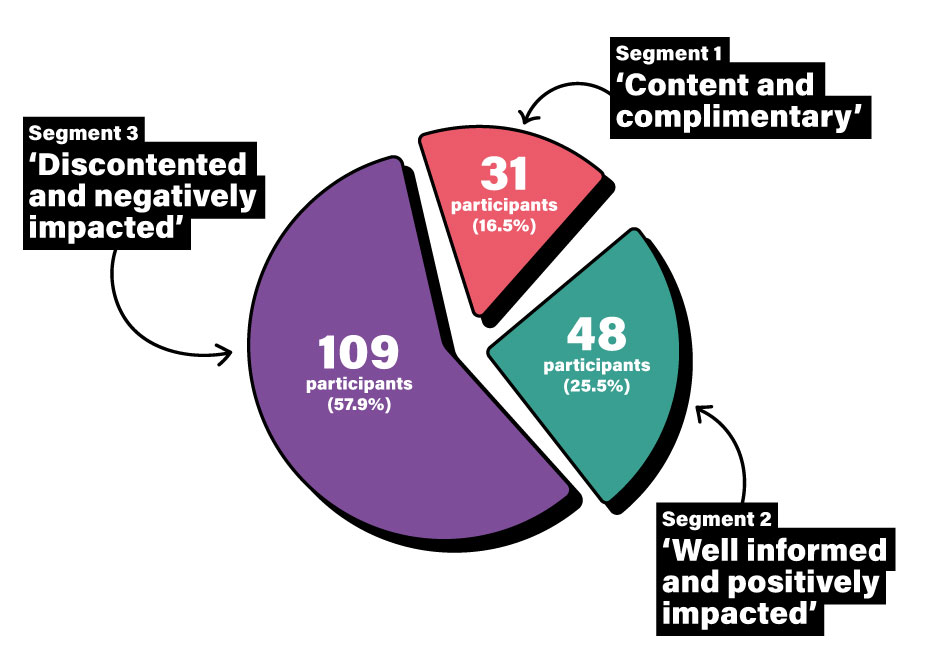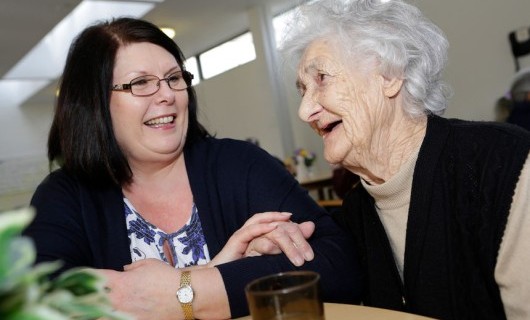
‘It’s Not a Job’
Supporting existing recruitment efforts undertaken by home care providers by raising the profile of the sector as a rewarding place to work.
More +We carried out a research project for the Welsh Government to explore the use of Zero-Hours Contracts (ZHCs) within the domiciliary support services workforce. We assessed the impact of the 2017 Regulations and captured the perceptions of care workers, providers, and commissioners.


Exploring the Use of Zero-Hour Contracts in Domiciliary Services
We were commissioned by the Welsh Government to conduct an investigation into the use of ZHCs within Wales' domiciliary support services sector. Our mission was to provide a comprehensive literature review with understanding of ZHCs, assess how COVID-19 and Brexit have impacted the use of ZHCs, evaluate the effectiveness of the 2017 Regulations, understand the experiences and challenges faced by care workers, providers, and commissioners and assess the prevalence of call clipping in the domiciliary support sector in Wales. The goal was to understand the challenges faced by the domiciliary support services workforce, identify best practices, and inform policy development.

Comprehensive research to understand the current picture
We carried out this research in two stages. First, a developed a literature review of current knowledge and understanding regarding the use of ZHCs among registered workers in domiciliary support services, evaluate the impact of COVID-19 and Brexit on ZHC usage, and the consideration of other key learning from recent literature to inform future policy considerations. Phase two of the research, the primary research, focused on understanding the impact of the 2017 Regulations on providers, commissioners and the workforce in Wales, as well as the effectiveness of the Regulations and what could be improved with the Regulations in relation to ZHCs. The primary research involved a mixed method survey, a segmentation analysis and interviews with care workers and providers, and recognising the need for further insight into call clipping, two additional interviews were conducted.

The research identified significant insights into the impact of Zero-Hour Contracts on the domiciliary care workforce in Wales. The 2017 Regulations led to varied impacts across different roles in the domiciliary care sector, with ZHCs providing flexibility but causing job instability and increase admin burdens. Call clipping emerged as a key issue affecting care quality and worker wellbeing. Suggested solutions include fair compensation, transparent policies, and improved scheduling to address these challenges.
“It was a pleasure working with you, and the whole team. Thank you for all your hard work on this project“

Supporting existing recruitment efforts undertaken by home care providers by raising the profile of the sector as a rewarding place to work.
More +
We worked with Walnut Care, a domiciliary care provider in Lincolnshire, to help promote their services to support people to live independently for longer.
More +
Supporting a community of care organisations and championing care in Lincolnshire.
More +
Hertfordshire County Council needed a way to communicate to unpaid carers or people that are caring for their loved ones that there is the option of help and support if they need it.
More +
Supporting hidden carers across Lincolnshire and London
More +Enter your email address below to access the Academy and our Webinars